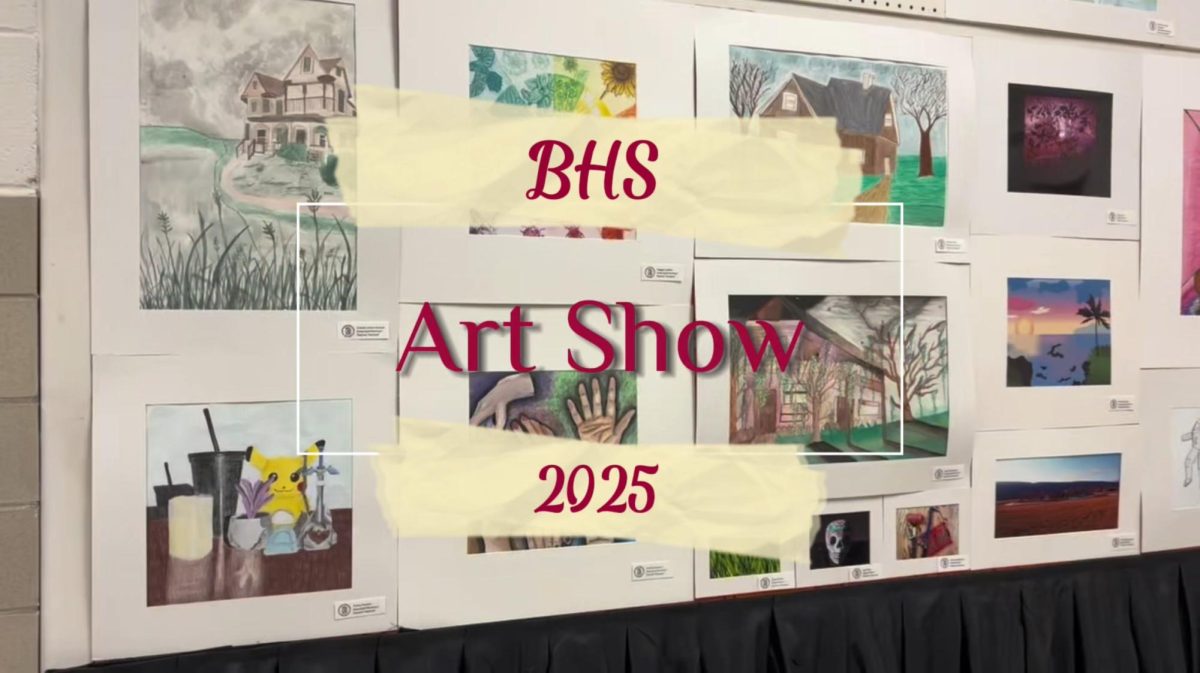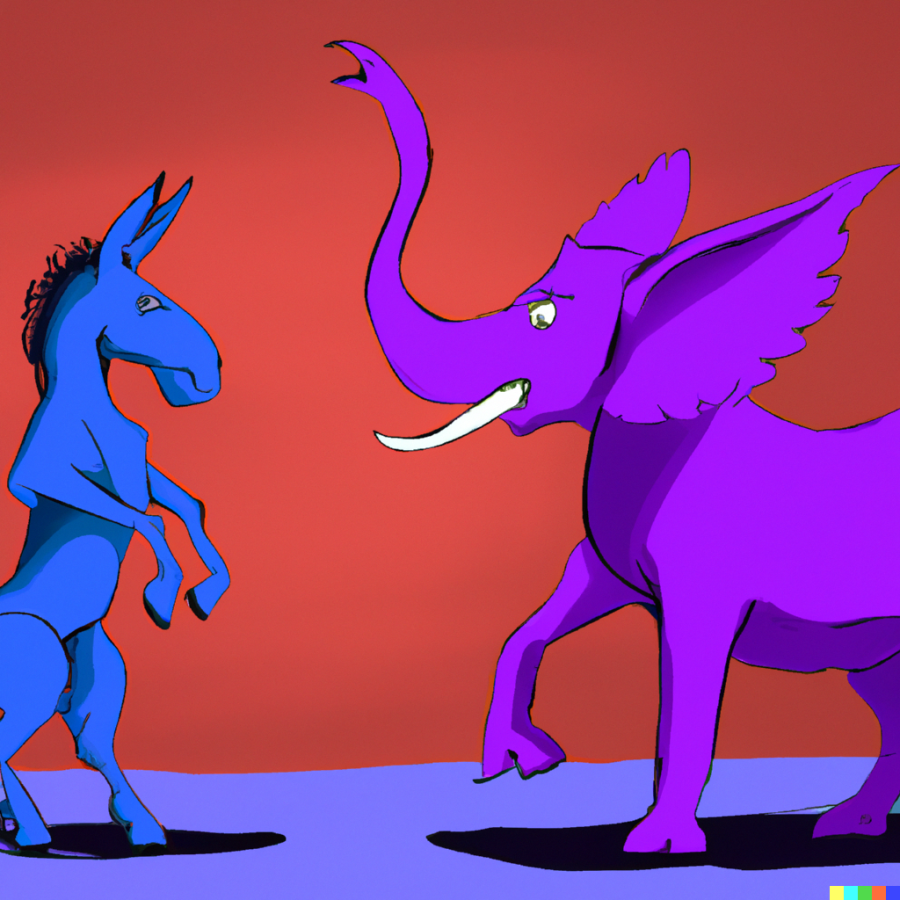A Critique Of The Two Party System
More Moderates More Productivity
The battle of the classes – “The War on Productivity”
It’s October 2016 and millions of Americans gather around their television sets with beady eyes and excitement. Two beasts of low moral value are about to clobber each other on live broadcast for the next two and a half hours. In a matter of minutes, C-SPAN will not be covering a Title UFC fight, but rather the final debate before the United States Presidential Election. These two beasts are not meathead fighters with greasy bald heads and cauliflower ears — though they have comparable egos — these beasts are the children of modern politics’ single greatest flaw: a two party system.
As the United States continues to grapple with political polarization and legislative gridlock, it’s time to take a closer look at the root cause of these issues: the two-party system. This system, which divides the country into two political camps — Republicans and Democrats — has long been a fixture of American politics. However, it’s become increasingly clear that the two-party system is exacerbating polarization, leading to uninformed voting, fostering politician’s party alliances and decreased productivity with legislation.
It’s no secret that Americans are increasingly deeply divided along political lines. In many ways, this division is akin to the passionate loyalty that fans feel for their favorite sports team. Just like a football fan who supports their team no matter what, voters have become fiercely loyal to their political party. They have their colors, their mascot, and their slogans – and they will defend their party’s honor at all costs. This mentality breeds contempt and stretches the political aisle from both ends making the progressives more progressive, and the conservatives more conservative, ultimately making it harder for lawmakers to reach across the aisle and work together.
The problem with this mentality is that it oversimplifies the complex issues facing our country. Legislation and social conflict are complex, certainly more complex than two different colors. No single party in a bicameral legislature could perfectly encompass all the beliefs of any person. As a result, many voters cast their ballots based solely on their party affiliation, rather than on a nuanced understanding of the issues at hand. It’s a copout for a lazy citizen — they pick their team, chug their beer, and forget about policy.
This type of uninformed voting is not only detrimental to our democracy, but also leads to a decreased productivity with legislation. Lawmakers become more focused on pleasing their party’s base rather than creating policies that benefit the country as a whole. Politicians are forced to align themselves with their party’s interests rather than the interests of their constituents, and this kind of party alliance prevents them from considering alternative viewpoints, which results in a failure to consider moderate policies that could benefit the whole.
In a country where roughly a third of all eligible voters identify as independent or with a third party, it’s clear that the two-party system is not representative of the diverse beliefs and values held by the American people. Instead, it promotes a binary view of politics that is fundamentally flawed. It creates a false dichotomy between “red” and “blue” that ignores the complexities of real-world issues.
To truly move forward as a nation, we need more moderate voices in politics. We need lawmakers who are willing to consider alternative viewpoints and work towards compromise based solutions. This means stepping outside of party lines and engaging in meaningful dialogue with members of the opposite party — something that will remain impossible for re-election hungry party pleasers to do without a bicameral demolition.
It’s also vital that politics be viewed and understood from an objective critical thinking angle, and not simply a red and blue distinction. Voters need to educate themselves on the issues, weigh the pros and cons of different policies, and make informed decisions at the ballot box. This requires critical thinking skills that are sorely lacking in our political discourse today.
Conclusively, the two-party system is failing America. It exacerbates polarization, leading to uninformed voting, fostering politician’s party alliances and decreased productivity with legislation. We need to move beyond the binary view of politics and embrace more moderate voices. We need to prioritize critical thinking and informed decision-making over blind loyalty to a political party. Only then can we create policies that truly benefit all Americans, regardless of their political affiliation.
Your donation will support the student journalists of Brunswick High School. Your contribution will allow us to purchase equipment. We're a small program with little resources. Our goal is to purchase some updated, and much needed, cameras for the program.


































